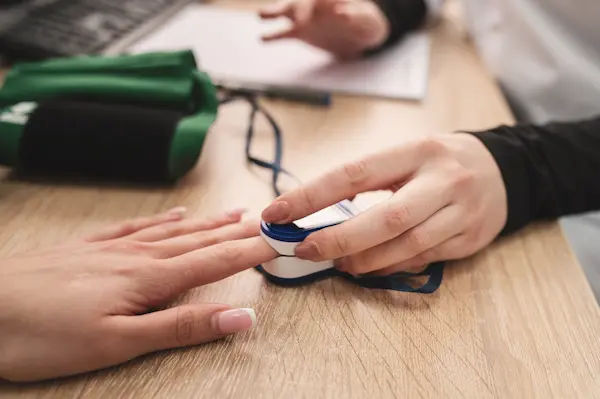- male
- 65 Years
- 29/01/2025
I'm really concerned about my dad. He's been dealing with COPD after smoking for 35 years, but he quit cigarettes three years ago. He also had CAD and underwent CABG three years back. He's on medication for his heart, and all his tests are coming back normal now. For COPD, he used to take Fluticasone, Salmeterol, and Tiotropium Bromide but these days, he's just on Seroflo 250 BD. The issue we're having is with nighttime as soon as he lies down to sleep, he starts producing sputum and has to cough it up. He doesn't have problems sitting up, and there's no orthopnea or nocturnal apnea, just sputum, so he's been taking Levocetirizine and Montelukast for that. I'm wondering if we should add back TIOVA? Also, is it okay for him to use Monticope daily? And with his substernal hernia, is it still safe for him to do his breathing exercises by lifting the ball? Would really appreciate some guidance.
Answered by 1 Apollo Doctors
You are recieving right treatment no need to worry give some time rest your voice untill you recover consume warm foods,visit ENT doctor for evaluating further.
Dr. Ibrahim Suggests...
Consult a Pulmonology Respiratory Medicine Specialist
Answered 04/07/2025
0
0

More Pulmonology/ Respiratory Medicine Health Queries
View allWhat is breathlessness a sign of?
Breathlessness can be a symptom of conditons affecting lungs and heart which needs to evaluated and treated accordingly
read more![Doctor 1]()
![Doctor 2]()
Answered by 1 Apollo Doctors
I had TB twice, first in 1997 and again in 2012, with surgeries both times. I completed a 2-year course of meds like T.combutol, T.monopass, and others. Now I'm fine, but my weight has gone up to 89 kg. Recent tests show uric acid at 8.1, total cholesterol 207, HDL 35, LDL 139, triglycerides 125. My doctor suggested losing 17 kg in 2 years through gym. Do you think I really need to lose that much weight, given my medical history?
yes wt reduction is advised.
read more![Doctor 1]()
![Doctor 2]()
Answered by 1 Apollo Doctors
I'm a bit worried about my dad and wanted to get your opinion. He takes a capsule inhaler every day, and we're wondering if it's safe for him to get the Covaxin vaccine. He doesn't have any past allergies from vaccinations. Does this sound okay?
yes he can take
read more![Doctor 1]()
![Doctor 2]()
Answered by 1 Apollo Doctors
Disclaimer: Answers on Apollo 247 are not intended to replace your doctor advice. Always seek help of a professional doctor in case of an medical emergency or ailment.



